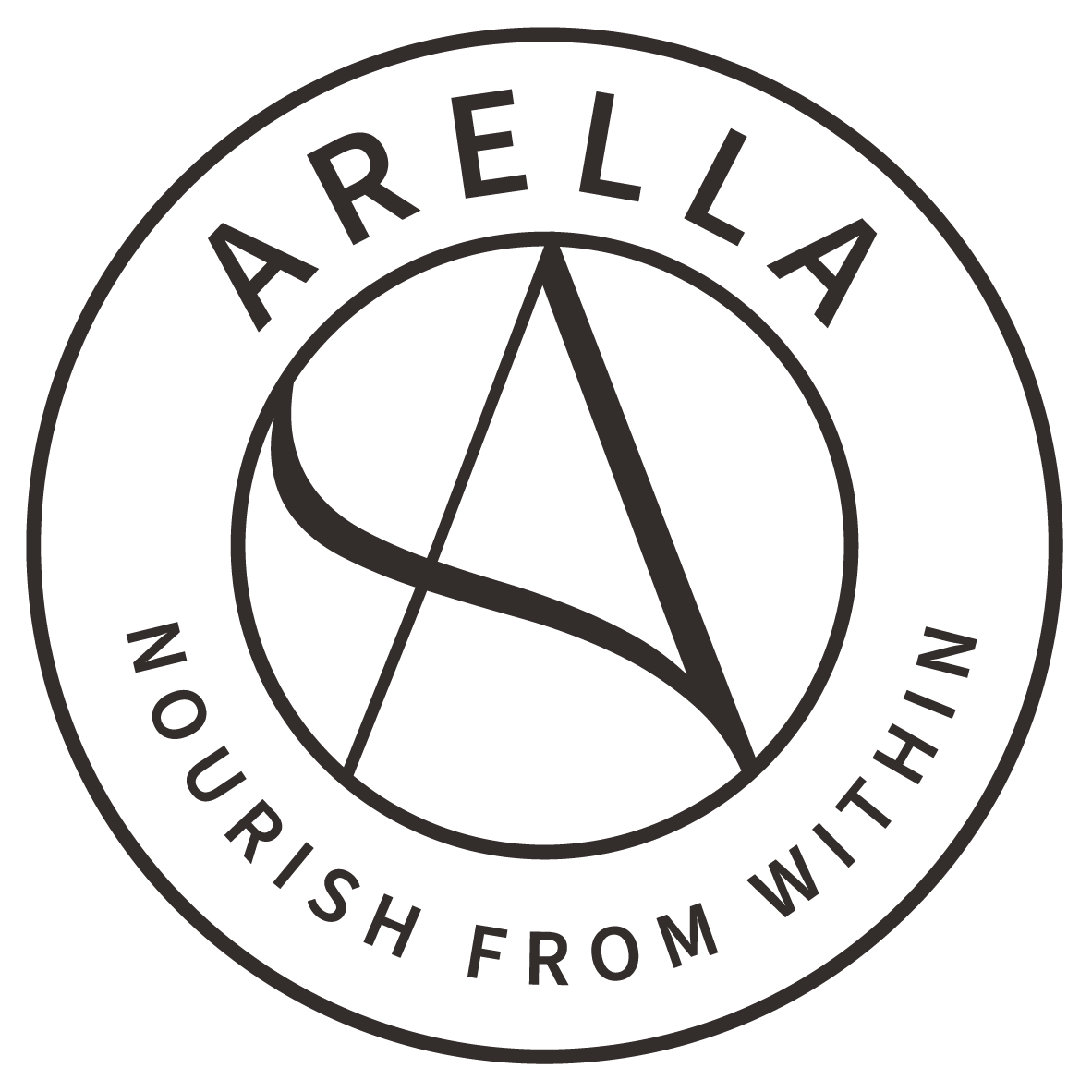
When you look up collagen-rich foods, a lot of articles list animal-based collagen. Bone broth, chicken skin and fish are all animal or marine-based products.
But what if you follow a 100% plant-based diet? Or if you want to increase your collagen without increasing your meat intake? Then this article is for you. We’ll go over whether vegan collagen works (spoiler alert, it does) and the best vegan collagen foods.
What is Vegan Collagen?

Vegan collagen is made of amino acids, the building blocks or ‘ingredients’ for your body to produce collagen. Amino acids enhance your collagen levels for brighter and tighter skin, healthy bones and joints and a healthy gut. You can read more about the benefits of collagen here.
The major upside of vegan collagen foods is that they’re 100% plant-based. This makes it a sustainable and healthy option compared to animal collagen foods. They also contain additional nutrients and minerals that marine or animal life can’t provide—for example, vitamin C and a source of fibre.
Read more: The Truth About Vitamin C: Do You Really Need It?
Does Vegan Collagen Work?

Some sources tell you that people on a vegetarian or vegan diet will struggle to get enough collagen. But that’s simply not true! Contrary to popular belief, animal collagen is not identical to human collagen. It only resembles it.
Plant-based foods provide fibroblasts (the cells where collagen synthesis occurs) with amino acids. So, rather than giving your body ‘ready-made’ collagen (like animal or marine foods), they stimulate collagen production. So there’s no need to slurp down a brown both for youthful skin!
The Link Between Collagen and Hormones

Vegan collagen plays a huge role in hormones. When we’re talking about vegan collagen, we’re really talking about the amino acids that build collagen. And in case you didn’t already know, amino acids are EVERYTHING. They regulate hormone production, and some of the hormones collagen balances include:
- Stress hormones - Cortisol, one of the main stress hormones, unbalances your nervous system. This can create an increase in heart rate, anxiety and loss of sleep. However, the amino acids that generate collagen protect the body against stress and increase resistance when you encounter stressful situations.
- Sleep hormones - Melatonin is the sleep hormone that makes you feel tired, and it’s made in the gut. Collagen helps regulate your gut and encourages melatonin synthesis for a good night’s rest.
- Hunger hormones - Because collagen is the most abundant protein in your body, increasing protein reduces ghrelin. Ghrelin is your hunger hormone and signals to your brain when you’re hungry. This means collagen may make you feel full longer and balance your hunger signals.
The above are just a few of the hormones we’re going to cover in the list of collagen-rich vegan foods. Read on to find out more.
What Vegan Foods Have Collagen?
We’ve established that vegan collagen and the link between collagen and hormones are excellent for you. Now, let’s get into the best vegan collagen foods.
Aloe Vera Juice

Okay, aloe vera isn’t exactly a food, but aloe vera juice is incredible for collagen production. Aloe vera juice is derived from the aloe vera plant (a spiky green plant with gel inside the thick leaves). But how does it boost collagen?
One study shows that participants taking aloe vera supplementation significantly improved elasticity and wrinkles in ageing skin. This is because aloe vera contains 20 out of 22 amino acids. That’s pretty impressive. Okay, who are we kidding? That’s very impressive.
Aloe vera also contains auxin and gibberellin hormones (yeah, don’t worry about trying to remember that). These help with wound healing, such as treating acne and acne scars.
However, don’t go scooping up and eating an aloe vera face cream or hair gel. Make sure to take an aloe supplement or medical-grade aloe vera juice.
Beans and Legumes

Beans and legumes are iron rich vegan foods. Black beans, kidney beans, lentils, you name it. They are all great for collagen production. But chickpeas, in particular, take the gold medal to encourage collagen synthesis.
Chickpeas contain zinc and vitamin C, crucial for making collagen. They regulate oestrogen levels, which is helpful during menopause. You can also take a menopause supplement to help minimise your symptoms.
If you’re not going through menopause, beans are still for you. The harmonised oestrogen levels reduce irritability and cramps when you’re on your period.
Berries

Berries are another vegan food high in amino acids, which are a form of antioxidants. Antioxidants protect your body against oxidative stress, such as the sun, pollution and sugar. Oxidative stress attacks and breaks down collagen, causing hair loss, sagging skin, weak joints and gut problems.
Read more: This Is The Way To Treat Joint Pain Quickly.
Berries provide your body with enough amino acids (and therefore antioxidants) to protect your collagen and build more. They also help balance your stress levels, reducing cortisol to naturally increase collagen production.
Broccoli and Dark Leafy Greens

It’s no secret that broccoli and dark leafy greens (like kale and spinach) are good for, well, everything. And one of those things is collagen synthesis.
Similarly to berries, broccoli and leafy greens contain antioxidants to protect your collagen from deteriorating. They’re packed full of vitamin C, which helps increase your collagen levels. If that wasn’t enough, these veggies also balance oestrogen, which is ideal for menopause or regulating PMS symptoms.
Oranges, Grapefruits and Kiwis

Vitamin C is the collagen superstar for increasing collagen synthesis in your fibroblasts. It helps form collagen fibres, which give your skin elasticity and firmness, and your tendons strength and flexibility.
Oranges are usually the go-to for vitamin C. But one kiwi has twice the amount of vitamin C than two oranges and 197% more than a grapefruit. Kiwis also increase sleep quality by regulating your sleep hormone, melatonin. They don’t need chopping, just scoop off the top. And (if you’re brave enough) you can eat the skin like an apple.
Top Tip: Take a Vegan Collagen Supplement

Collagen levels decrease from age 25 onwards, so a vegan collagen supplement will help. Arella Beaty’s Liquid Collagen Supplement contains VeCollal®, the world's first plant-based (vegan) collagen alternative.
VeCollal® uses collagen technology to increase collagen production by a whopping 135%. It achieves this by creating the exact structure of the amino acids your body needs to begin collagen synthesis.
Use Vegan Collagen Foods to Hack Your Hormones

As long as you eat enough vegan collagen foods, your body will have the amnio-acids to produce collagen. And if you want to increase your collagen production even more, take a vegan collagen supplement for an incredible boost.
Read next:
-
7 Incredible Benefits of Arella’s Collagen Supplement
-
The Beautiful Benefits of Vegan Collagen for Gut Health
-
The Terrifying Truth Behind Animal Collagen and Deforestation





